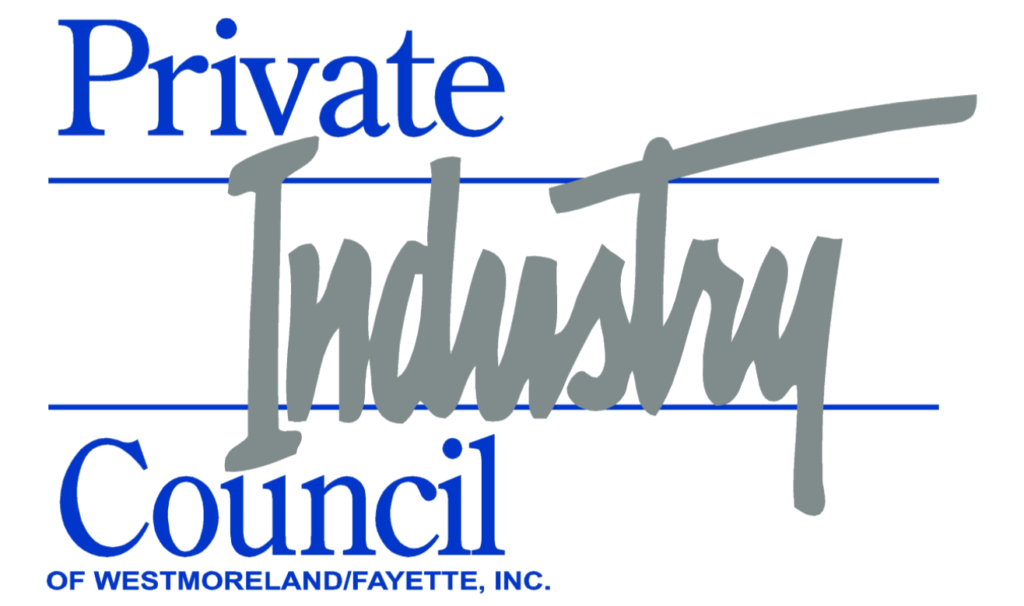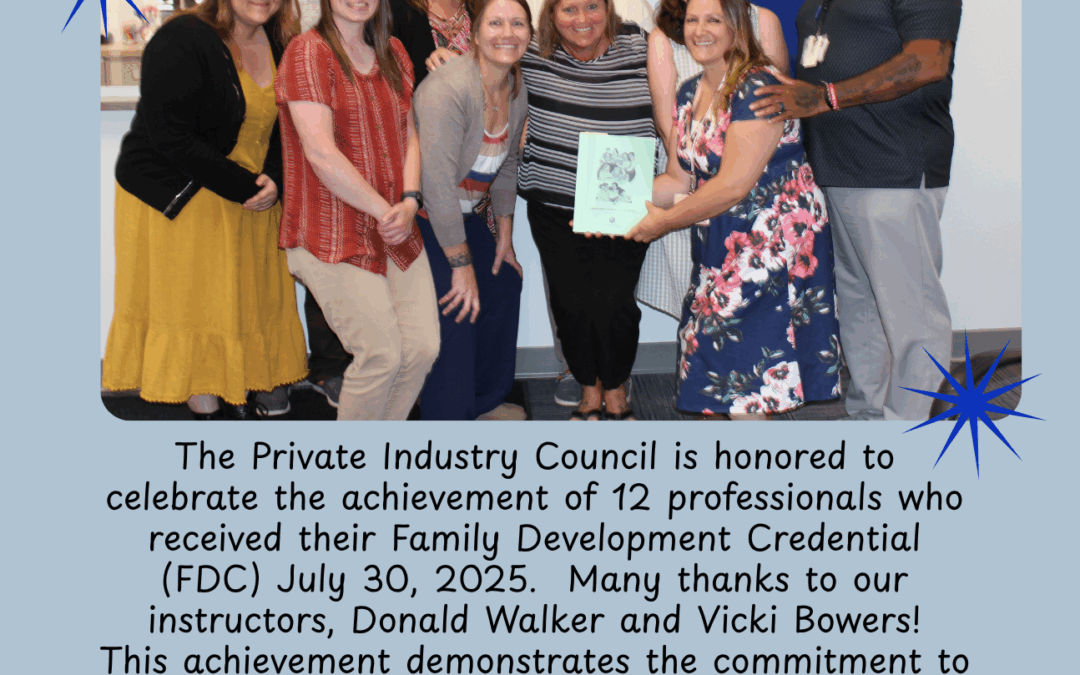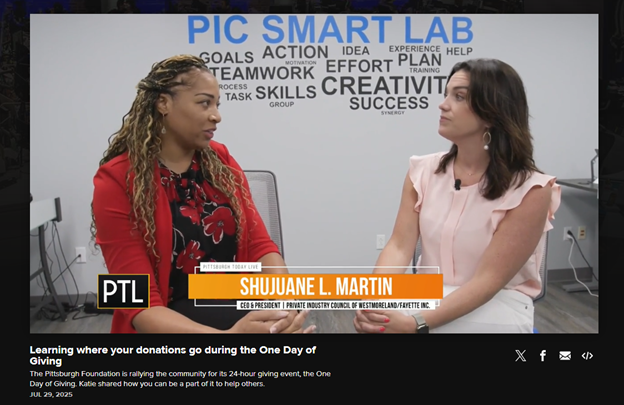Parents and families are essential partners in promoting good attendance because they, ultimately, have the bottom-line responsibility for making sure their children get to school every day. When children are young, they are especially dependent upon adults or older siblings to help them get to school or preschool. Just as parents should focus on how their children are performing academically, they have a responsibility to set expectations for good attendance and to monitor their children’s absences, so that missed days do not add up to academic trouble in the future.
Just like adults, children feel more confident and secure when their daily activities are predictable and familiar. A consistent daily schedule and step-by-step routines give children a predictable day. Schedules and routines in the group care setting and at home help children:
- Feel in control of their environment
- Feel safe, secure, and comfortable
- Know what is happening now and what comes next
- Know how to do an activity or task
- Engage in learning and create regular attendance
Family Engagement: Few parents are aware of the extent to which consistent on-time attendance from the beginning of preschool and/or kindergarten can benefit their children’s school readiness and social development. All staff who come in contact with our families should encourage coming on-time, attending regularly, and involvement/engagement in the Head Start/Early Head Start Program.
Timing: Establishing good attendance habits from the outset of schooling helps students achieve their families dreams of a rewarding future. Prevention of chronic absence needs to begin in Head Start, which is the start of schooling for an individual child.
Consistency: Young children need consistent and frequent reinforcement to integrate new habits. A month, the typical sequence for recognizing attendance, is too long a time for our youngest students. The more consistent and frequent the positive reinforcement and recognition for students and parents, the stronger the likelihood that good habits will take root.
This is a direct tie into engagement with the families and showing our holistic approach to servicing, not just the child in the classroom, but the families in the community and the resources that surround them.
Family engagement is a collaborative and strengths-based process through which early childhood professionals, families, and children build positive and purposeful relationships. It is a shared responsibility of families and staff at all levels that requires mutual respect for the roles and strengths each has to offer. Family engagement focuses on culturally and linguistically responsive relationship-building with key family members in a child’s life.





 724-836-2600
724-836-2600




